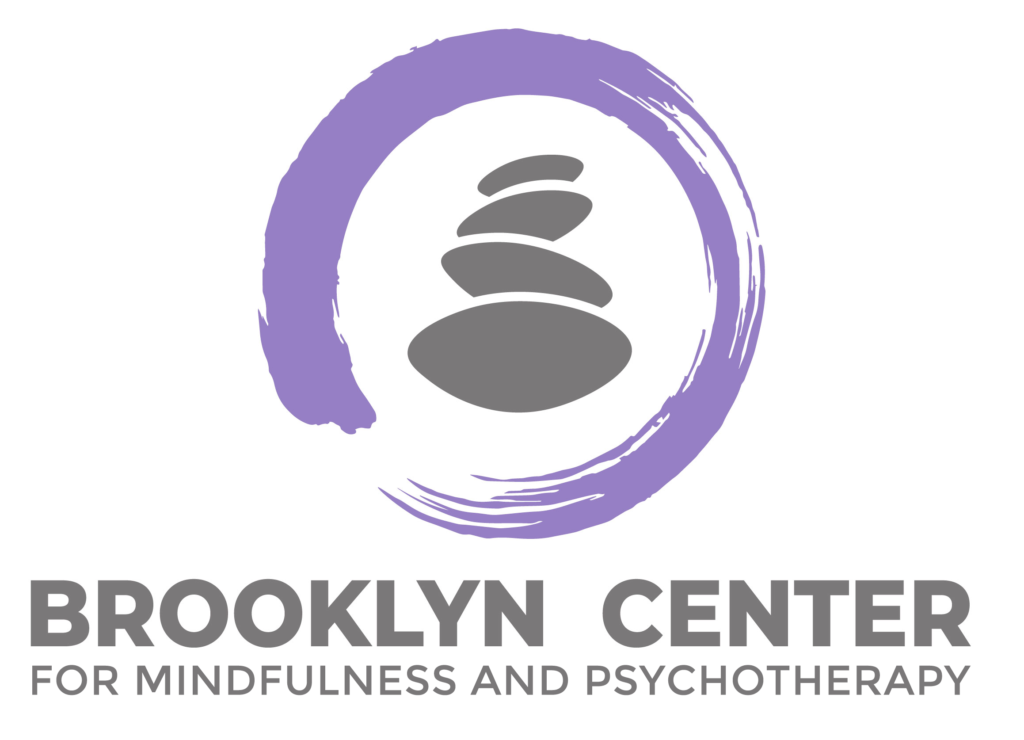Welcome to our latest blog post, where we delve into the intriguing world of Obsessive-Compulsive Disorder (OCD) in the bustling city of New York. This article aims to unravel the enigma behind OCD, exploring its prevalence, symptoms, and potential causes. Join us on this enlightening journey as we uncover the complexities of this mental health condition, shedding light on how it impacts the lives of individuals in the vibrant urban landscape of New York. Whether you’re seeking a deeper understanding of OCD or simply curious about the latest research and treatment options, this blog is your gateway to unraveling the mystery surrounding OCD in the Big Apple.
What is OCD?
Obsessive Compulsive Disorder (OCD) is a mental health condition characterized by recurring and intrusive thoughts, known as obsessions, that lead to repetitive behaviors or rituals, known as compulsions. These obsessions and compulsions can significantly interfere with daily life and cause distress. OCD affects people of all ages, genders, and backgrounds. In New York, various resources are available for individuals seeking support and treatment for OCD, including therapy options such as cognitive-behavioral therapy (CBT) and medication management. It is essential for individuals experiencing symptoms of OCD to reach out to mental health professionals who can provide the necessary guidance and support to manage this condition effectively.
Understanding Obsessive-Compulsive Disorder (OCD)
Obsessive-Compulsive Disorder (OCD) is a mental health condition characterized by recurring unwanted thoughts, obsessions, and repetitive behaviors or rituals, compulsions. In New York, like in other parts of the world, OCD affects many individuals. It is estimated that around 2.3% of the population in the United States has been diagnosed with OCD at some point in their lives. OCD can profoundly impact a person’s daily life, causing distress and interfering with their ability to function effectively. However, with proper diagnosis and treatment, individuals with OCD can learn to manage their symptoms and lead fulfilling lives. It is essential for individuals in New York who suspect they may have OCD to seek help from qualified mental health professionals who specialize in treating this condition.

Signs and Symptoms of OCD
Common signs and symptoms of OCD include:
Obsessions:
- Fear of contamination or germs
- Unwanted aggressive or violent thoughts
- Concerns about symmetry or orderliness
- Fear of harming oneself or others
- Intrusive sexual or religious thoughts
Compulsions:
- Excessive hand washing or cleaning
- Checking behaviors (e.g., repeatedly checking locks or appliances)
- Counting or repeating words silently
- Ordering or arranging things in a specific way
- Mental rituals, such as repeating phrases or prayers in one’s mind
It’s essential to note that OCD can vary in severity and presentation from person to person. Some individuals may primarily have obsessions, while others may mainly experience compulsions. In many cases, both obsessions and compulsions coexist.
If you or someone you know is experiencing symptoms of OCD, it’s crucial to seek professional help. In New York, various mental health resources are available, such as licensed therapists, psychologists, and psychiatrists, who can provide an accurate diagnosis and develop an appropriate treatment plan.
Causes of OCD
Obsessive Compulsive Disorder (OCD) is a challenging and often debilitating condition that affects millions of individuals around the world. In New York, where the pace of life is fast and intense, OCD can be especially difficult to manage. Fortunately, there are a variety of effective treatments available for those struggling with OCD in New York.
Here are some factors that have been associated with the development of OCD:
- Genetics: There is evidence to suggest that OCD can run in families. If you have a first-degree relative (parent, sibling) with OCD, you may have an increased risk of developing the disorder.
- Brain Chemistry and Structure: There are differences in the brain’s structure and function between individuals with OCD and those without the disorder. Specific brain areas, such as the orbitofrontal cortex and the basal ganglia, are believed to play a role in OCD.
- Neurotransmitters: Neurotransmitters are chemical messengers that transmit signals in the brain. Imbalances in neurotransmitters, particularly serotonin, have been associated with OCD symptoms.
- Environmental Factors: Traumatic events, stressful life events, or significant changes in life circumstances may trigger or worsen OCD symptoms in some individuals.
- Infection and Autoimmune Factors: Some research suggests that certain diseases and autoimmune conditions might be associated with the onset of OCD in some cases. However, this link is not yet fully understood.
- Learning and Behavioral Conditioning: Some psychologists believe that learned behaviors and conditioning might contribute to developing and maintaining OCD symptoms. For instance, engaging in repetitive compulsions might provide temporary relief from obsessive thoughts, reinforcing the behavior.
It’s important to note that OCD is a complex disorder, and the interplay of these factors can vary from person to person. Additionally, having one or more risk factors does not necessarily mean someone will develop OCD. A comprehensive assessment and diagnosis by a qualified mental health professional are necessary to determine an individual’s specific causes and appropriate treatment.
Characteristics of People With OCD
Here are some general characteristics that may be seen in people with OCD:
- Obsessions: Persistent and intrusive thoughts, urges, or unwanted images that cause significant anxiety or distress. Everyday habits include fears of contamination, causing harm to others, fear of losing control, and intrusive taboo thoughts.
- Compulsions: Repetitive behaviors or mental acts that individuals with OCD feel compelled to perform in response to their obsessions. Compulsions are often aimed at reducing anxiety or preventing a feared event from happening. Common compulsions include handwashing, checking, counting, repeating actions, and mental rituals.
- Fear of Uncertainty: People with OCD may have an intense fear of uncertainty and tend to engage in compulsions to gain a sense of control and certainty over their thoughts or environment.
- Avoidance: Some individuals with OCD may try to avoid situations or triggers that provoke their obsessions, leading to significant limitations in their daily activities and social interactions.
- Time-Consuming: OCD rituals and obsessions can take up much time, causing significant disruptions to daily routines and responsibilities.
- Significant Distress: OCD often causes considerable distress, impairment, and interference in a person’s life, making it difficult to carry out everyday activities or responsibilities.
- Insight and Resistance: Many individuals with OCD recognize that their obsessions and compulsions are excessive or irrational but find it challenging to resist the urge to engage in them.
It’s essential to understand that OCD can manifest differently in different individuals, and not everyone with OCD will experience all of these characteristics. Suppose you or someone you know is experiencing symptoms of OCD or other mental health concerns. In that case, seeking help from a qualified mental health professional for an accurate diagnosis and appropriate treatment is crucial. Cognitive-behavioral therapy (CBT) and medications are often effective in treating OCD.
Exploring Diagnosis Techniques for OCD
Exploring diagnosis techniques for Obsessive Compulsive Disorder (OCD) in New York involves a comprehensive approach to understanding and assessing the symptoms of this mental health condition. One of the primary methods used in diagnosing OCD is through clinical interviews conducted by qualified mental health professionals. These interviews are designed to gather information about the individual’s thoughts, behaviors, emotions, and personal and family history. The clinician will ask specific questions related to obsessions (intrusive thoughts or images), compulsions (repetitive behaviors or rituals), and any associated distress or impairment in daily functioning. In addition to clinical interviews, standardized assessment tools such as self-report questionnaires may provide additional insight into the severity and impact of OCD symptoms.
Another important diagnostic technique for OCD is behavioral observation. This involves observing the individual’s behavior in various settings to identify repetitive actions, rituals, or avoidance behaviors characteristic of OCD. By closely following these behaviors, clinicians can better understand their frequency, intensity, duration, and impact on the person’s life. This information helps in confirming an OCD diagnosis and determining appropriate treatment strategies.
Overall, clinical interviews, standardized assessments, and behavioral observation are essential in accurately diagnosing OCD and developing an individualized treatment plan for those affected by this disorder.

Effective Management Strategies for OCD
Effective management strategies for Obsessive Compulsive Disorder (OCD) in New York can significantly improve the quality of life for individuals struggling with this condition. OCD is a mental health disorder characterized by intrusive thoughts and repetitive behaviors that can cause significant distress and interfere with daily functioning. In New York, several evidence-based treatment options are available for individuals with OCD, including cognitive-behavioral therapy (CBT) and medication management. CBT, specifically exposure and response prevention (ERP), is considered the gold standard treatment for OCD. It involves gradually exposing individuals to their fears or triggers while preventing the accompanying compulsions, helping them learn to tolerate anxiety without engaging in ritualistic behaviors. Medications such as selective serotonin reuptake inhibitors (SSRIs) may also be prescribed to help alleviate symptoms. By combining therapy and medication when necessary, individuals with OCD in New York can find effective strategies to manage their symptoms and lead fulfilling lives.
Conclusion
In conclusion, the Brooklyn Center for Mindfulness and Psychotherapy in New York offers hope for those seeking to unravel the mystery of Obsessive-Compulsive Disorder (OCD). With their expert team of compassionate professionals, they provide a safe and supportive environment for individuals to explore the depths of their condition and embark on a journey toward healing and recovery. Through evidence-based therapies and a holistic approach, the center empowers individuals to reclaim control over their lives and break free from the chains of OCD. If you or someone you know is struggling with OCD, don’t hesitate to contact the Brooklyn Center for Mindfulness and Psychotherapy. Contact them today and take the first step towards a brighter, more fulfilling future.






